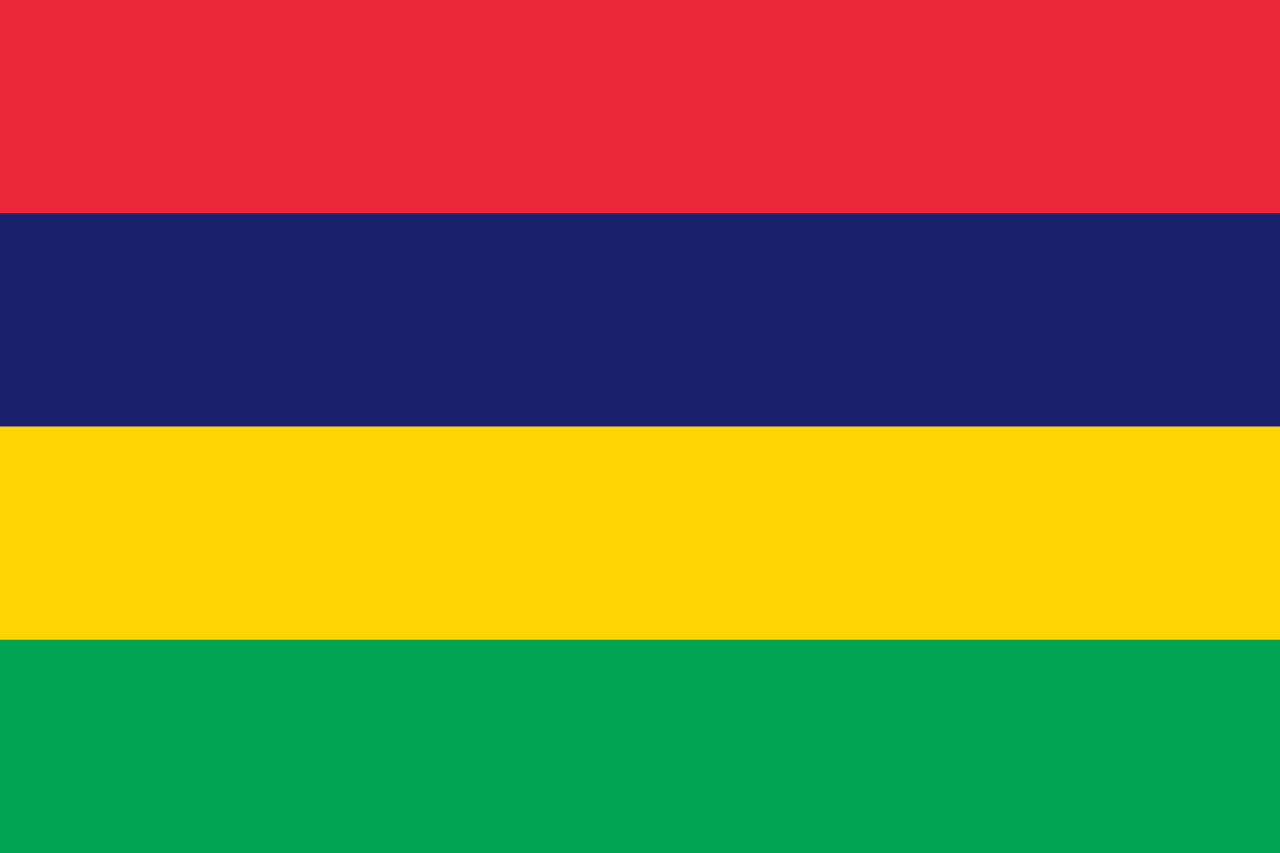
Mauritius - 76.38
38
The wealthiest nation in Africa in fact, not in metrics
Mauritius is an archipelago in the Southern Indian Ocean East of Madagascar near the French Overseas Department of Reunion. Technically part of the African continent, largely by default as it is not near anywhere else, Mauritius is the wealthiest nation in Africa if by technicality. It is the highest scoring country in Africa, beating even other islands that are debatably part of the continent. Mauritius has primarily managed to escape the poverty that grips much of mainland Africa through its tourism industry and relative lack of corruption. The Mauritian government, though democratic, is relatively repressive and maintains a number of laws that are relatively strict by the standards of a free and fair democracy.
Human Rights - 71
Mauritius retains the death penalty under a moratorium and carried out its last execution in 1995. The death penalty in Mauritius has sat in a legal grey area but no new death penalties have been handed down since 1995. Several allegations of torture were filed against Mauritian police and prison guards but all were investigated. A few government critics have been detained under defamation charges but most were released shortly thereafter. Mauritian laws regarding homosexuality are complicated. Sodomy is illegal, though this statute goes unenforced. Despite this, Mauritius guarantees discrimination protection for LGBT Mauritians. No other rights are guaranteed. Abortion is legal to preserve the physical health of the woman and in cases of rape, incest, and fetal impairment. Parental authorization is required when applicable.
Democracy - 93
The largely ceremonial president is elected by the Assembly and the prime minister is appointed by the president from among the ruling coalition. 62/70 assemblymen are directly elected and eight runner-ups with the smallest margin of loss in their jurisdiction are also chosen. Elections are free and fair with a strong multi-party system. LGBT are disenfranchised.
Freedom - 67
An unenforced law adopted in 2018 effectively bans cyberbullying. Internet users are prohibited from posting anything that could cause “annoyance, humiliation, inconvenience, distress, or anxiety.” Violating the law is punishable by ten years imprisonment but the law goes unenforced. A few government critics have been detained on defamation charges but most were released shortly thereafter. The government owns almost all local media outlets in Mauritius but the government does not restrict the activity or distribution of foreign media outlets. The government is, however, known to revoke advertising from news outlets critical of it. Hindu, Roman Catholic, Muslim, Anglican, Presbyterian, and Seventh-day Adventist religious organizations are granted government subsidies but the country does not have an official religion and religious freedom is not restricted. Mauritius has strictly enforced drug laws. Mauritian gun law is unspecified but there are very few guns in Mauritius.
Economy - 78
Health - 81
Life expectancy in Mauritius is 74 years and the infant mortality rate is 1.4%. 10.8% of Mauritians are obese and 6.2% are malnourished. Mauritius’ strong universal healthcare system attracts medical tourists from neighboring countries due to its high-quality care. All Mauritians are covered and each inhabited island has a hospital. 99.4% of Mauritians have access to clean, running water. 26.9% of Mauritians smoke regularly.
Corruption - 78
Despite instances of corruption generally being rare, instances of bribery in public services are less uncommon. Public contracts, especially in the service industry, are difficult to obtain without corruption and hotel companies are close with the government. Former President Gurib-Fakhim resigned after allegations emerged that she spent thousands of dollars on personal expenses with a government credit card.
Competency - 73
The government is failing to economically respond to COVID, and the economy has been sent into a tailspin as a result. It will likely take several years for the Mauritian economy to recover from COVID. The government is also failing to repeal or use unenforced laws.
Future - 40
Climate change is not an immediately pressing threat to Mauritius but if climate change does not slow much of the island could be rendered uninhabitable within the next 200 years. The semi-autonomous island of Rodrigues could be completely underwater by 2100. The Mauritian economy took a major hit due to COVID and will likely take several years to recover. The Mauritian government has passed several repressive laws in recent years. These laws have seen limited enforcement but it is a disturbing trend nonetheless.
Actions Abroad - 90
Mauritius does not have a standing army. The Mauritian National Police acts as a National Guard and Coast Guard. Mauritius is among thirty countries blacklisted by the European Union as a tax haven. China is a major foreign investor in Mauritius and maintains very close relations with them as a result. Mauritius has very close relations with Malaysia and many Mauritians travel to Malaysia for education. Mauritius is a major source of medical tourism for poorer countries in Southeast Africa. Mauritius is generally isolationist and maintains good relations with most nations. Mauritius received a ten-point penalty for its tax haven status.
0.2% of Mauritians live below the international poverty line and 10.3% live below the national poverty line. 7.8% of Mauritians are unemployed. Mauritius has a high economic disparity driven by wealthy expats moving to the island. The minimum wage in Mauritius is $55 per month. Mauritius boasts a strong universal healthcare system that attracts medical tourists from Comoros, Madagascar, and Mozambique. All Mauritians are covered and each inhabited island has a hospital. Despite consistently high quality of coverage, most wealthy Mauritians pay for private healthcare. The Mauritian economy shrunk 14.9% in 2020 and grew 3% in 2019.
